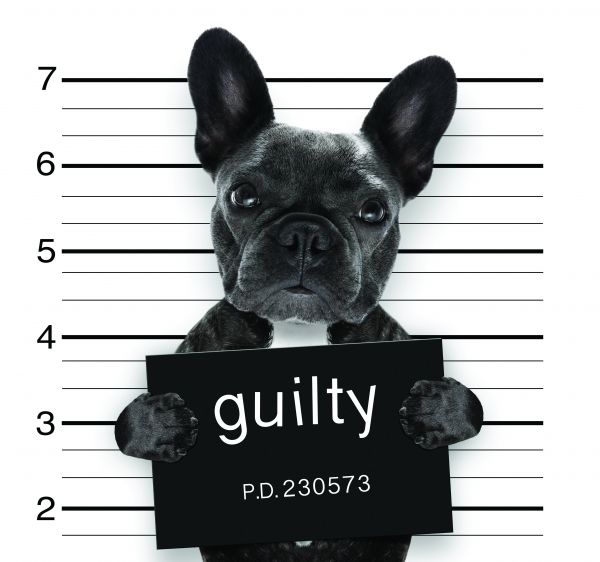
- Circumstantial evidence relies for its effect on inference.
- Inference takes many forms including sole inference; inferred knowledge; attributed knowledge; inferred identity; inference from silence; inferred intent; inferred actions and state of mind.
Circumstantial evidence relies for its effect on inference. It can be conclusive, but, as Lord Normand observed in R v Teper [1952] AC 480, [1952] 2 All ER 447, it may be fabricated and should be narrowly examined: ‘Joseph commanded the steward of his house, “put my cup, the silver cup, in the sack’s mouth of the youngest,” and when the cup was found there Benjamin’s brethren too hastily assumed that he must have stolen it. It is also necessary before drawing the inference of the accused’s guilt from circumstantial evidence to be sure that there are no other co-existing circumstances which would weaken or destroy the inference.’
In R (Patterson) v RSPCA [2013] EWHC 4531 (Admin), 178 JP 518, the defendant (D) was the subject of an order which disqualified









